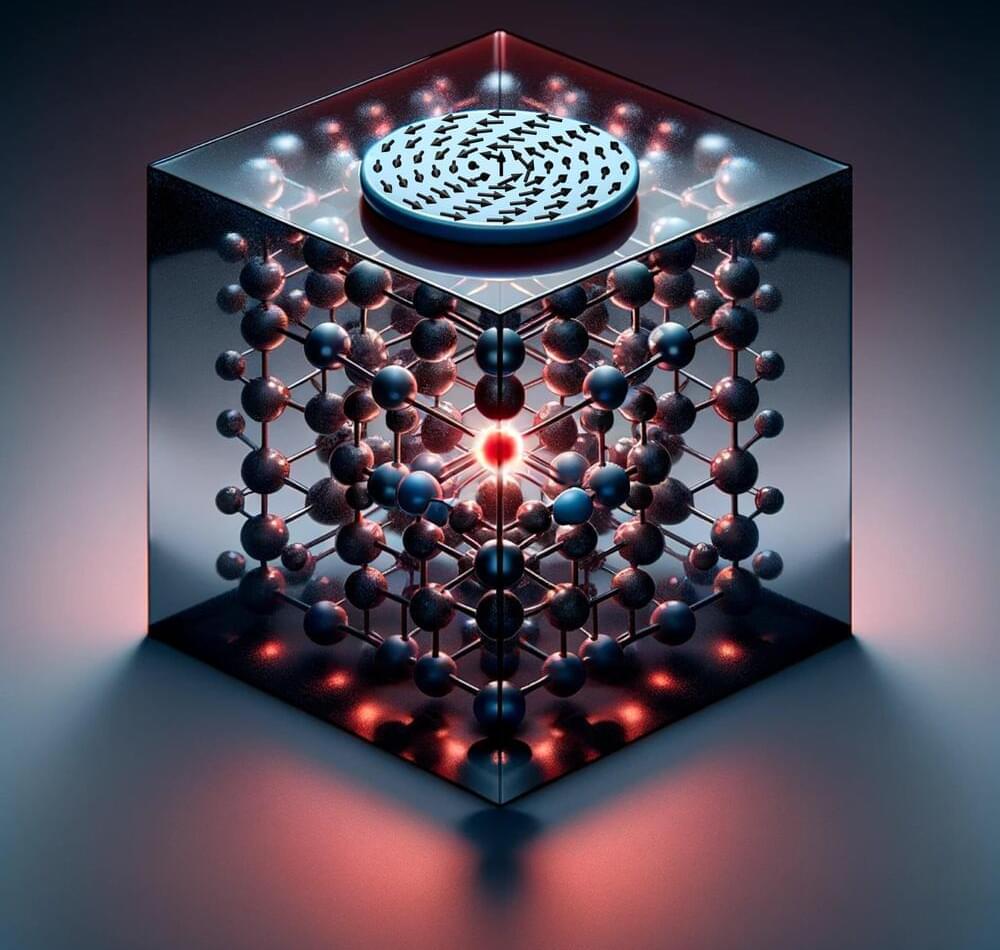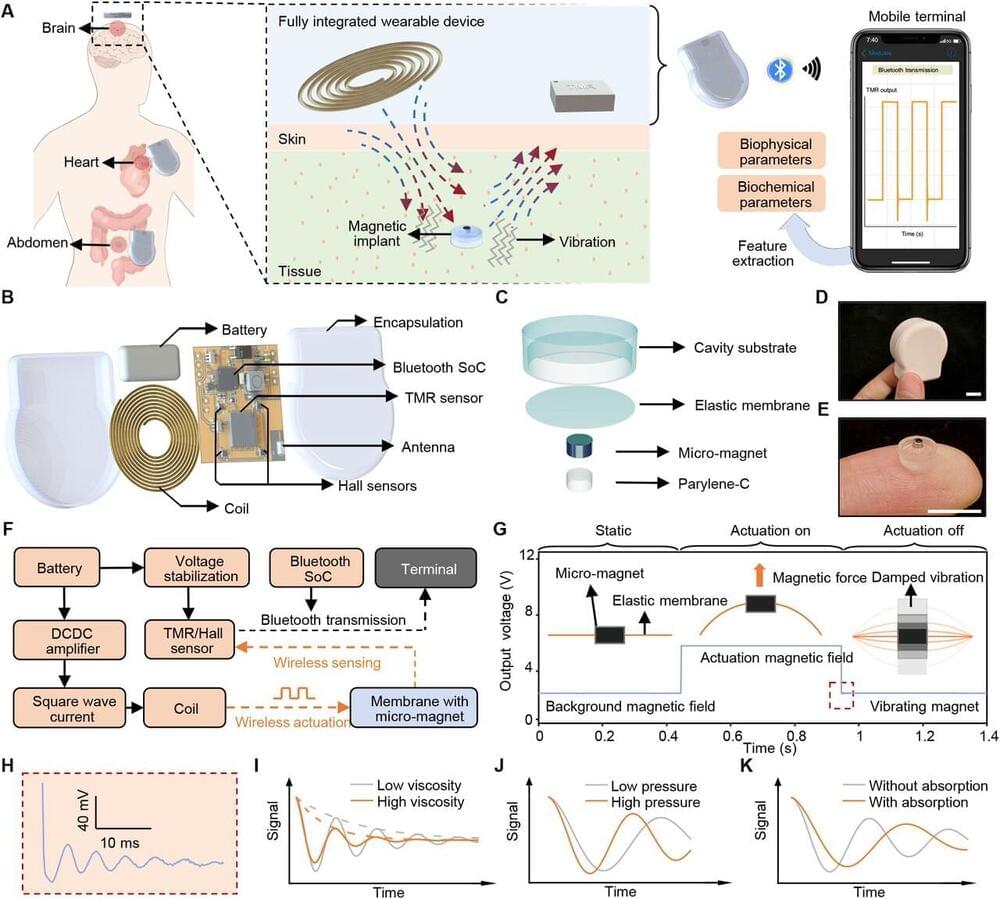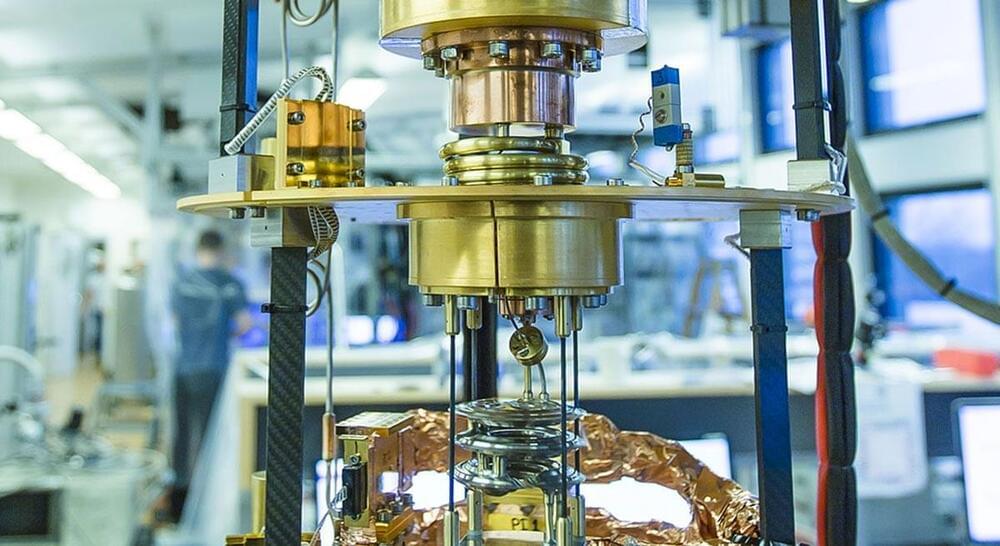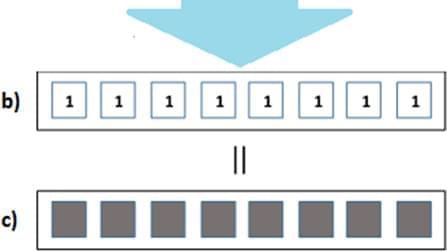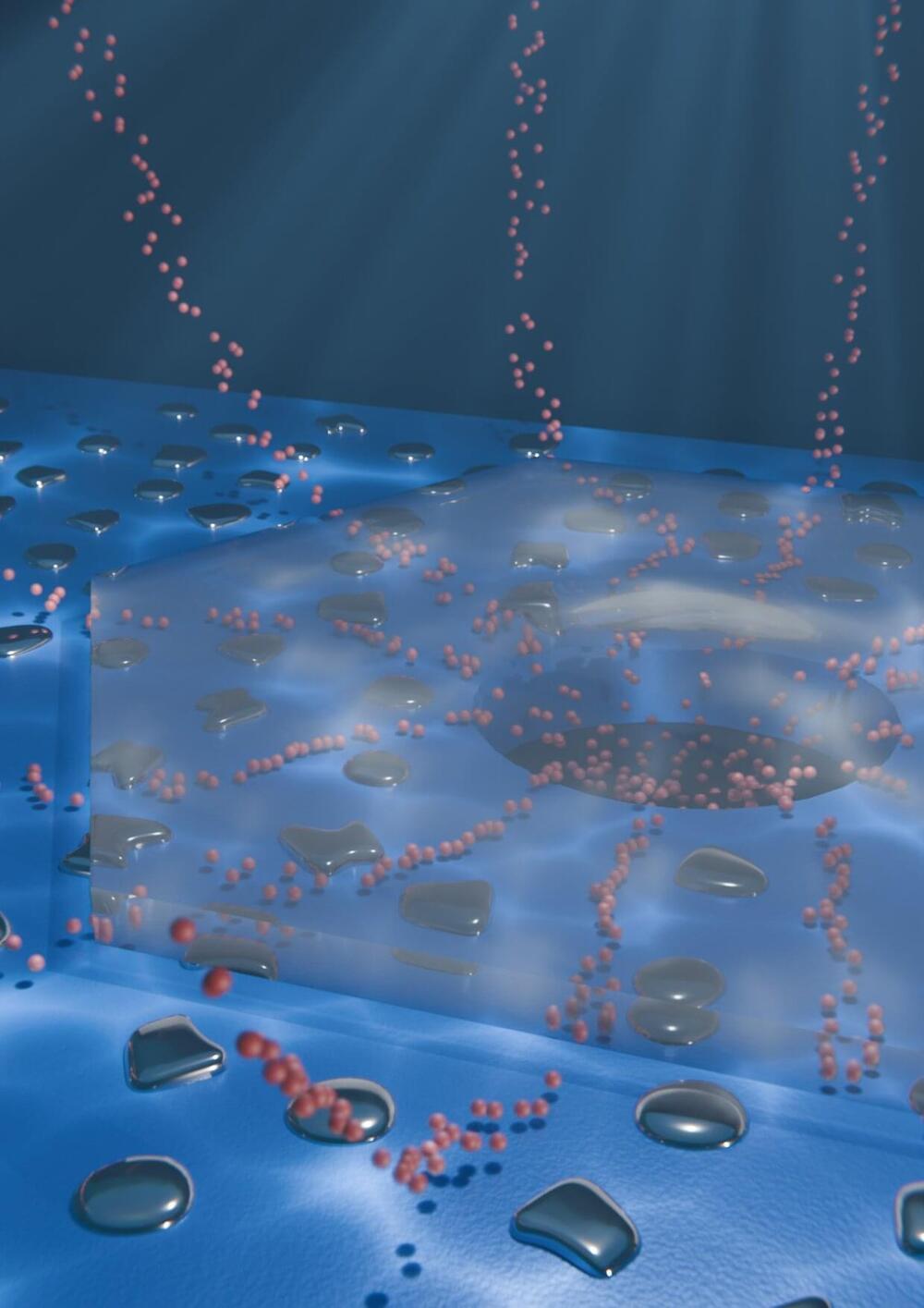Significant advancements have been made in quantum computing, with major international companies like Google and IBM now providing quantum computing services via the cloud. Nevertheless, quantum computers are not yet capable of addressing issues that arise when conventional computers hit their performance ceilings. This limitation is primarily the availability of qubits or quantum bits, i.e., the basic units of quantum information, is still insufficient.
One of the reasons for this is that bare qubits are not of immediate use for running a quantum algorithm. While the binary bits of customary computers store information in the form of fixed values of either 0 or 1, qubits can represent 0 and 1 at one and the same time, bringing probability as to their value into play. This is known as quantum superposition.
This makes them very susceptible to external influences, which means that the information they store can readily be lost. In order to ensure that quantum computers supply reliable results, it is necessary to generate a genuine entanglement to join together several physical qubits to form a logical qubit. Should one of these physical qubits fail, the other qubits will retain the information. However, one of the main difficulties preventing the development of functional quantum computers is the large number of physical qubits required.


